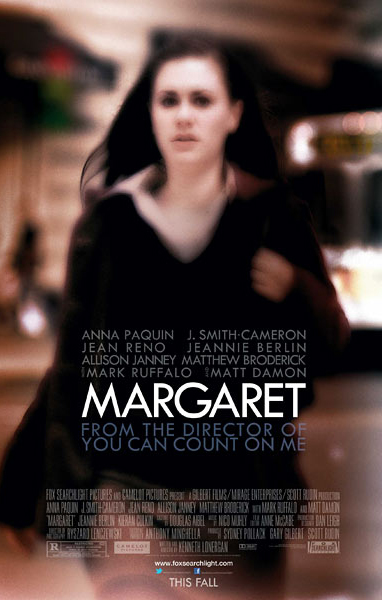The first thing that came to mind as the credits began to roll at the end of LITTLE ACCIDENTS -- a film about which I had read nothing, except that it starred an actress whom I enjoy seeing, Elizabeth Banks -- was that it must have been directed by a woman. So full of feeling and empathy for the place, the people, the situation is this film that, unfair or not, I found myself thinking that a man simply would not have done it this way. When the director credit appeared, with the name Sara Colangelo attached, I was not surprised, though I knew nothing about the work of this young woman.
The film begins as the miners go to work one morning, with some emphasis placed upon Amos Jenkins, (Boyd Holbrook, below), the character who is pivotal to the film because he soon becomes the only survivor of that morning's mine accident.
We don't see this accident, nor do we need to. We've by now seen and heard about so many of these that one simply follows in the footsteps of the next, though each also becomes a hotly contested battle ground between miners, owners and the union.
These accidents have left plenty of widows, one of whom is played by Chloë Sevigny (above), mother of the boy, Owen (Jacob Lofland, below, who was so fine in last year's Mud). Owen is responsible for the second, smaller accident that results in the death of another teenage boy.
How these two "accidents," both of which could have been avoided, come together and resonate in ways greater than either of them might have individually makes up the tale that Ms Colangelo tells. Class differences bubble up soon enough, for the missing teen is the son of the mine's "manager" (the under-used Josh Lucas, two photos below) and his wife, Diane (played by the always reliable Ms Banks, shown just below).
New liaisons are soon made, and various characters must confront their histories and their actions and take responsibility. All this happens very gradually. Nothing feels forced, and when we finally reach the finale, what we get is neither the usual feel-good closure or the rarer tragedy in the making. We see instead what looks awfully like life lived as it might be in a little town like this with people who seem sad and real and worth saving.
If Little Accidents' snail pace at times threatens to derail our interest, the filmmaker gets back on track soon enough, and performances all seem genuine, place-specific and thus believable.
The movie -- from Amplify and running a slightly long 105 minutes -- should make certain that this filmmaker is heard from again, and soon. It opens this Friday, January 16, in New York City at the Cinema Village and in the Los Angeles area at the NoHo 7 and simultaneously in another dozen cities throughout the country, with further playdates scheduled for the weeks to come. To see all currently scheduled playdates, cities and theaters, click here and scroll down.





























